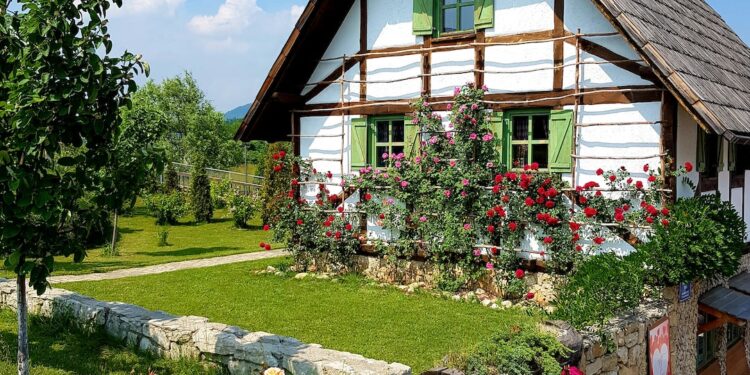Organic Gardening: Growing Without Harmful Chemicals
In recent years, there has been a growing concern about the harmful effects of chemicals on our environment and our health. As a result, many people are turning to organic gardening as a safer and healthier alternative. Organic gardening is a method of growing plants without the use of synthetic fertilizers, pesticides, or genetically modified organisms (GMOs). Instead, it relies on natural techniques and materials to nourish and protect plants.
One of the main advantages of organic gardening is the avoidance of harmful chemicals. Conventional gardening often involves spraying crops with synthetic pesticides and fertilizers, which can contaminate the soil, water, and air. These chemicals not only harm the environment but can also pose health risks to humans and animals. Organic gardening eliminates this risk by using natural and environmentally friendly methods to control pests and diseases.
One of the foundations of organic gardening is building healthy soil. Organic gardeners focus on increasing the fertility of the soil through the use of compost, mulch, and organic matter. Compost is a valuable source of nutrients for plants and helps retain moisture in the soil. By nourishing the soil naturally, plants grown in organic gardens become stronger and more resistant to pests and diseases.
Another key aspect of organic gardening is the use of beneficial insects and animals to control pests. Instead of using chemical pesticides, organic gardeners attract beneficial insects like ladybugs and lacewings, which feed on harmful pests like aphids or caterpillars. This method, known as integrated pest management (IPM), seeks to maintain a balance between pests and their natural predators.
The benefits of organic gardening extend beyond environmental and health considerations. Organic produce is often touted for its superior flavor and nutrition. Because organic gardeners focus on building healthy soil, the fruits and vegetables they produce tend to have higher levels of essential nutrients and minerals. Additionally, organic farming practices promote biodiversity by preserving natural habitats and protecting indigenous plant species.
Starting your own organic garden is easier than you might think. Even if you live in an urban environment, you can grow your own organic vegetables and herbs in containers or small raised beds. All it takes is some quality organic soil, organic seeds or seedlings, and a little bit of space and sunlight.
While organic gardening may require more time and effort, the rewards are well worth it. Not only are you contributing to a healthier environment, but you are also ensuring the health and well-being of your family by providing them with safe and nutritious food. Organic gardening is a way of reconnecting with nature and nurturing the Earth, one plant at a time. So why not give it a try and start growing without harmful chemicals today?














